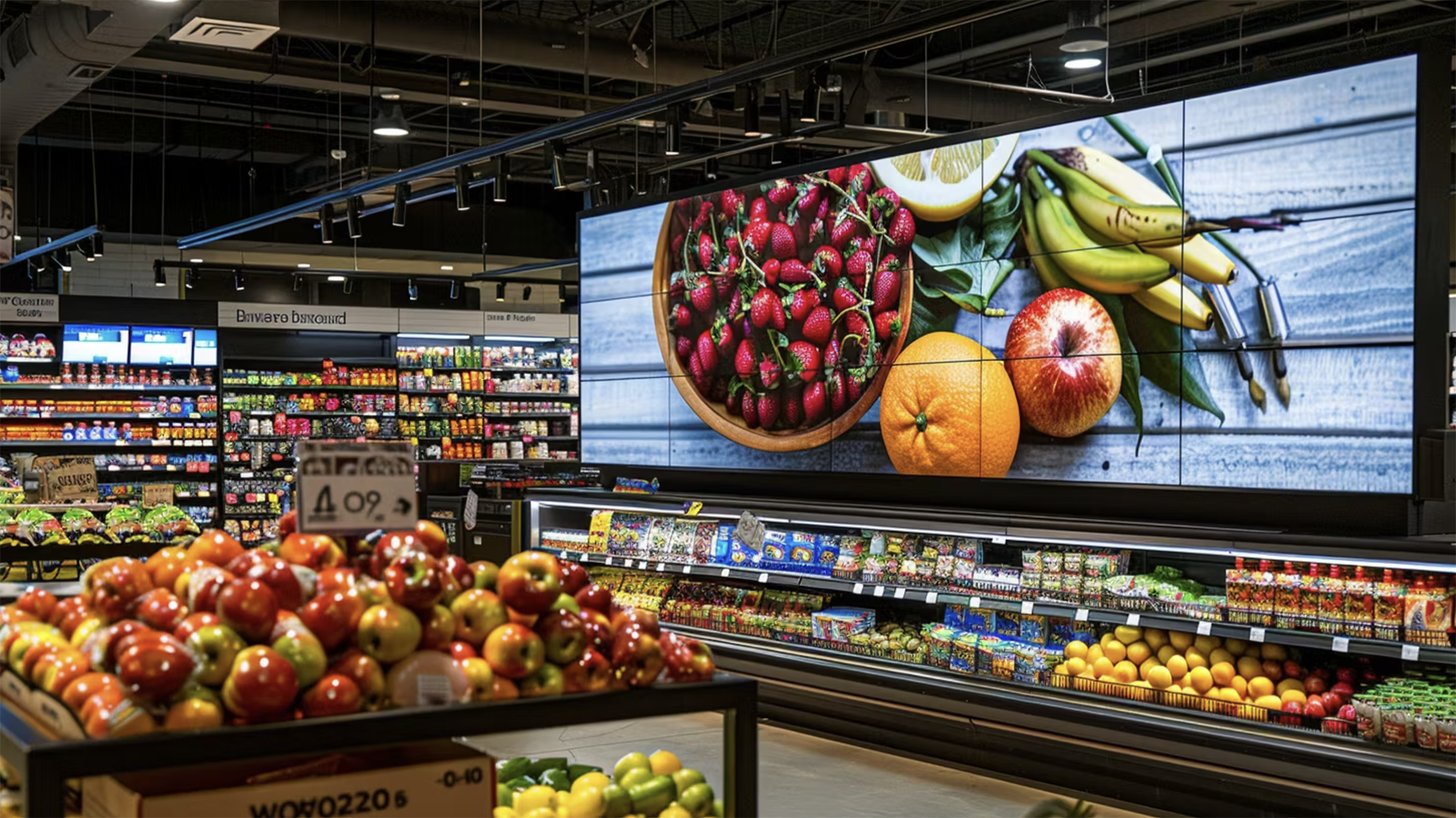Embracing Private Labels in Digital Grocery: The Benefits Unveiled

At a Glance
- Private labels have gained popularity among grocery retailers as an effective strategy to differentiate themselves and build customer loyalty
- 83% of grocers report that improving private labels is a c-level priority
- 91% of grocers have a clearly defined private brand strategy
- Private labels offer higher profit margins than national brands, giving grocers increased control over pricing, production costs, and packaging
- This article explores the benefits of private label in the digital grocery realm
The digital grocery landscape is experiencing a significant shift as grocery retailers seek effective strategies to thrive in the competitive market. Private labels, also known as store brands or own brands, have emerged as a game-changing solution, offering numerous benefits for grocers and consumers alike. Private labels have gained popularity among grocery retailers as an effective strategy to differentiate themselves and build customer loyalty.
Grocery Doppio’s “State of Digital Grocery Marketing” report found that 77% of grocers plan to increase the number of private brand SKUs sold online this year. To help make this massive influx of private brand inventory a success, more than 80% of grocers plan to increase the number of digital assets and marketing campaigns devoted to their private brands. Furthermore, 83% of grocers report that improving private labels is a c-level priority, and 91% have a clearly defined private brand strategy.
Understanding the benefits of private label is crucial for grocery retailers looking to gain a competitive edge in the digital grocery landscape. Private labels offer higher profit margins than national brands, giving grocers increased control over pricing, production costs, and packaging. This article explores the benefits of private label in the digital grocery realm, highlighting how they provide a competitive edge to grocery retailers and enhance the shopping experience for consumers:
Increased Profit Margins
Private label offer higher profit margins compared to national brands. Retailers have more control over pricing, production costs, and packaging, allowing them to optimize their profitability. By eliminating the need for expensive marketing campaigns and relying on economies of scale, grocers can offer their private-label products at more competitive prices while maintaining healthy profit margins. The ability to adjust pricing strategies quickly in the digital space further enhances grocers' profitability.
Enhanced Brand Differentiation

Private label brands allow grocers to develop unique brand identities and stand out in the crowded digital grocery market. By leveraging their deep understanding of customer preferences and trends, grocers can create products that cater to specific needs and deliver superior value. Private label brands provide a sense of exclusivity and foster customer loyalty, as shoppers can only find them in specific stores. This differentiation helps retailers build a loyal customer base, driving repeat purchases and increasing customer lifetime value.
Flexibility and Agility
One of the key advantages of private label in digital grocery is the flexibility and agility they offer grocers. Unlike national brands, grocers have complete control over the entire product lifecycle, from sourcing to distribution. This control allows them to respond swiftly to changing market demands and adapt their offerings accordingly. Private label enables grocers to experiment with new product categories, flavors, and packaging formats, offering consumers a diverse range of options. The ability to quickly innovate and tailor products to evolving consumer preferences gives retailers a competitive edge.
Better Margins and Collaboration
Private labels also foster stronger relationships between grocery retailers and suppliers. Grocers can work closely with manufacturers and suppliers to develop and refine their private-label offerings. This collaboration allows for better cost control, quality assurance, and more efficient supply chain management. By streamlining the sourcing process and reducing the number of intermediaries, grocery retailers can negotiate favorable pricing and terms, resulting in improved margins. The close partnership between grocers and suppliers also ensures consistent product quality and faster time-to-market, enhancing the overall customer experience.


.png)





.png)


